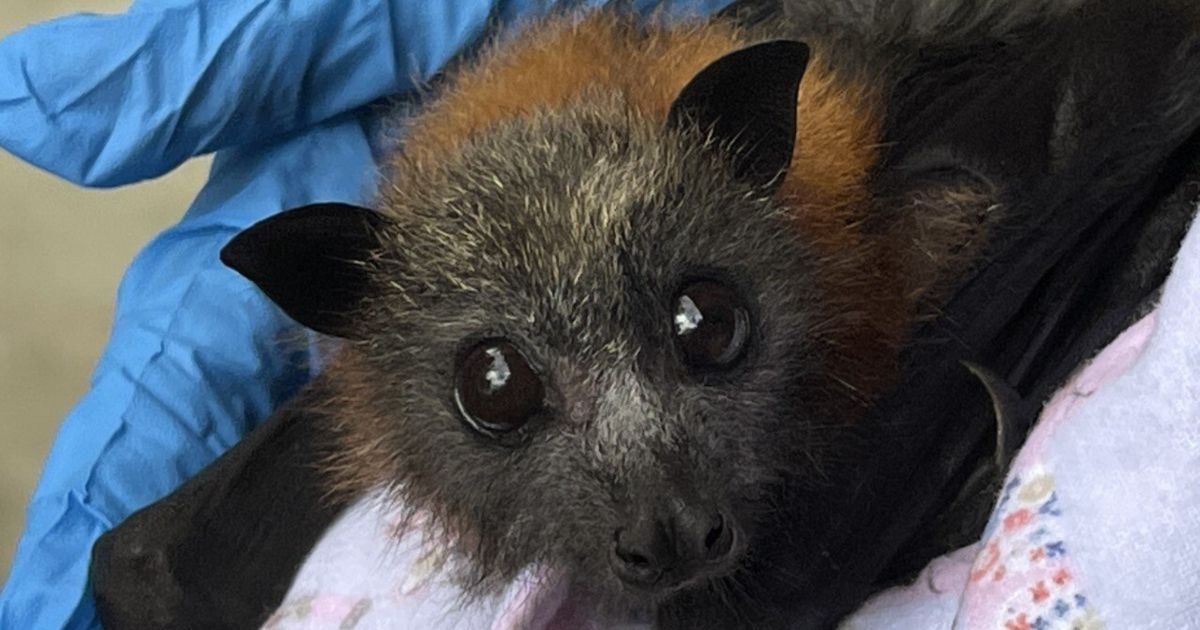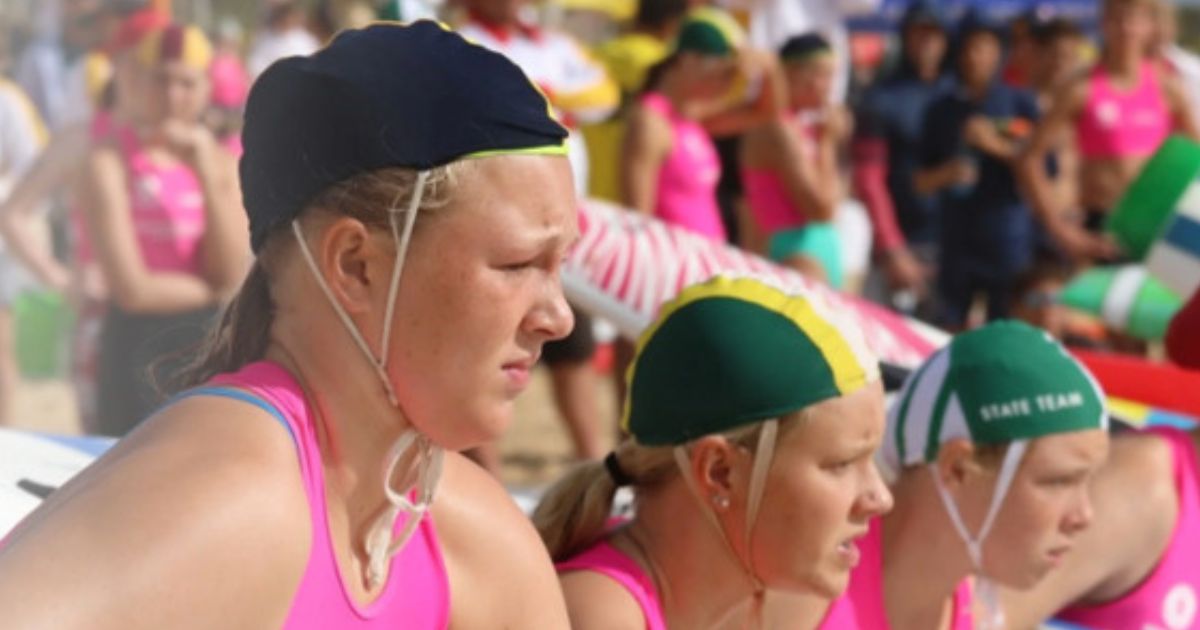Residents urged to avoid handling bats

Residents are being urged not to handle sick or injured bats or flying foxes if they see them. Photo: WIRES
North Coast Population and Public Health regional director Dr Valerie Delpech urged people to avoid contact with any bats, especially those that appeared unresponsive or distressed.
“Although it may be difficult to ignore the plight of an injured, distressed or sick animal, we urge residents not to touch or attempt to cover any bat they might come across,” Delpech said.
“Rather, call your nearest wildlife rescue service to come to its aid.
“If you see a dead flying fox in a public area, contact your local council and ask them to dispose of it.”
Lyssaviruses are a group of viruses that includes the rabies virus overseas and Australian bat lyssavirus (ABLV) locally. ABLV can only be transmitted to humans from an infected flying fox or microbat.
The warning comes as warmer weather approaches, when bats are typically more active.
“Anyone who is bitten or scratched by a flying fox or microbat should immediately wash the wound thoroughly with soap and water for at least 15 minutes and apply an antiseptic with anti-virus action,” Delpech said.
“Anyone who has had contact with a bat should also seek medical attention as soon as possible to assess whether they are at risk of infection and to access post-exposure treatment and vaccination if required.
“Getting post-exposure treatment as soon as possible is crucial, as there is no effective treatment once the symptoms of Australian bat lyssavirus commence. It is almost always fatal.”
For assistance, contact WIRES on 1300 094 737, Northern Rivers Wildlife Carers on 02 6628 1866, or Tweed Valley Wildlife Carers on 02 6672 4789.


















